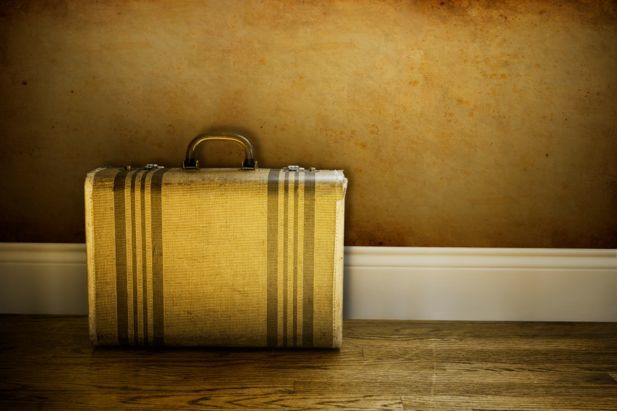The Shrink-Wrapped Traveler
Eric Weiner: Welcome to the Buddha Zen hotel, where the options are few and the travelers are happy
08.18.10 | 10:23 AM ET
 iStockPhoto
iStockPhotoIt is a truism that travel is an expansive experience. We hit the road in order to broaden our horizons, expand our minds, deepen ourselves. Choose your cliché. For me, though, the real appeal of travel is not how it expands my life but how it shrinks it. Contains it. At home, clutter—both the physical and mental variety—consumes me. Out there, I am free of all that. I am lighter.
In Chengdu, China, I nested at the Buddha Zen Hotel. Aside from having a great name (second only to the Inn of the Sixth Happiness in Singapore), the Buddha Zen offered a manageable number of choices. One restaurant. A tea garden. A spa. Mega-hotels overlook a basic fact of human psychology: Choice is good, up to a point, but too many choices paralyze us. Travel is about corralling our choices, subduing them. Life on the road is circumscribed, and that is why I find it so appealing.
We begin shrinking our life while we’re still packing.The ideal luggage is big enough to hold nearly as much stuff as we think we need, but not quite. It forces us to make some hard choices. Do I really need to pack the complete works of Tolstoy in the original Russian? Do I really need that set of Alpaca sweaters? Travel, good travel, is about going without, not to punish ourselves or out of some ascetic impulse, but because a pared-down life is a better one. That’s why packing light is smart. It has nothing to do with overhead bins. (Okay, nearly nothing; you wouldn’t want to anger a flight attendant these days.)
We could, of course, achieve the same sort of clutter-free existence at home. It’s just a lot more difficult and may upset that treacherous high-wire act otherwise known as marriage. It’s easier to say, “Honey, I’m going to Angkor Wat for a week” than “Honey, I’m selling 90 percent of our possessions.”
Travelers may yearn for the bearable lightness of the open highway, but we’re not, as is commonly believed, rootless. Personally, I am fond of home. That’s why I keep adding new ones. And that’s why expats are so good at putting down roots. They have lots of practice.
People who complain about “living out of a suitcase” need to discover that hotel rooms—most, save for the flea baggiest of the lot—have drawers or closets of some kind. I make a point of unpacking my bags immediately, filling up the drawers and closets and perhaps buying some flowers for the coffee table. It doesn’t make sense, I know. I go to great effort and expense to escape home and then promptly re-create it, or some version of it, on the road.
When arriving at a new city, I like to stay put—“villagize,” I call it. I first scope out the restaurants closest to my hotel, slowly expanding my search area, like a Marine on patrol. My aim is not to get to know a country or even city but a neighborhood—or better yet, a slice, a sliver, of a neighborhood.
We humans are like race horses. We pay attention to what is in front of us. Peripheral vision slows us down, and occasionally spooks us. A good journey is like a good pair of blinders. It keeps us focused on what really matters.![]()